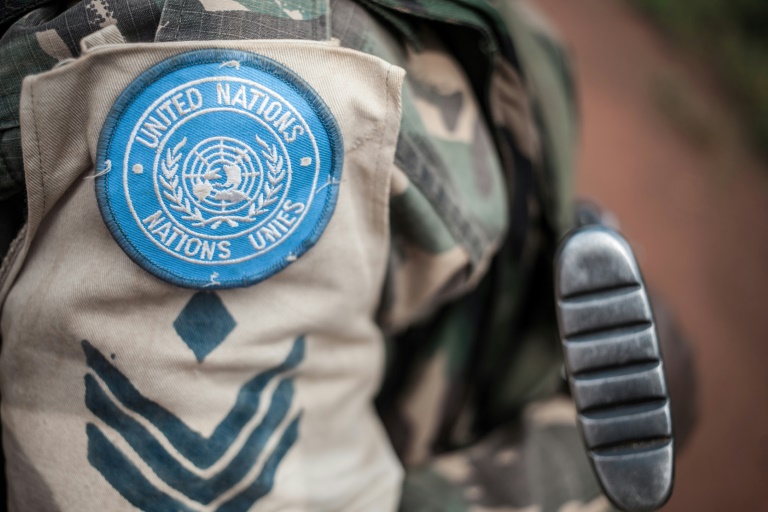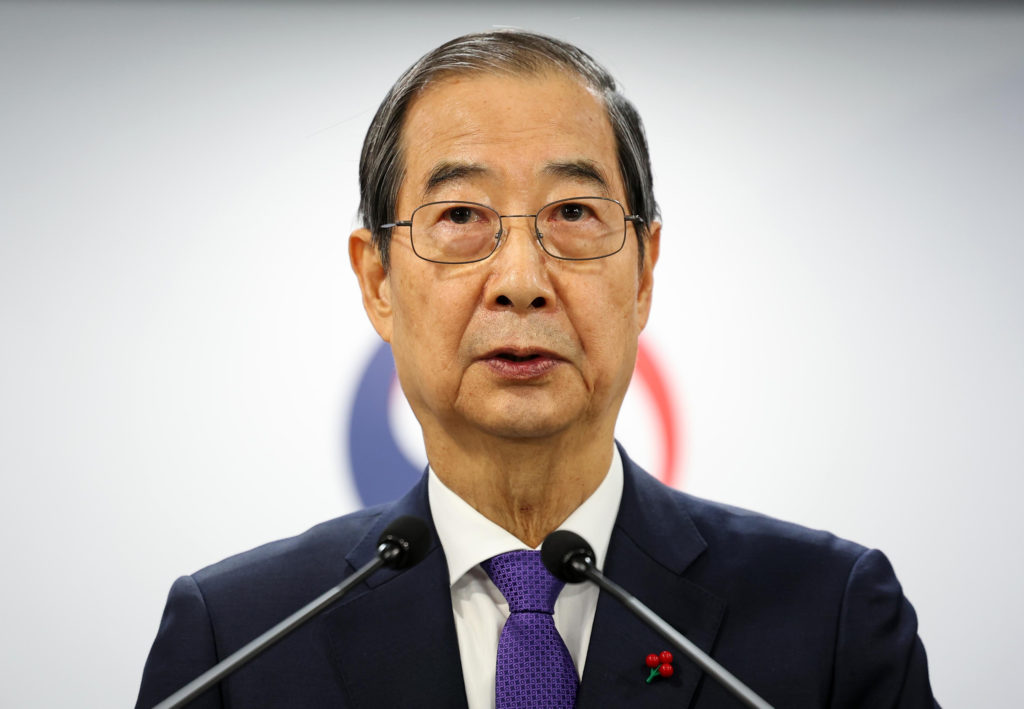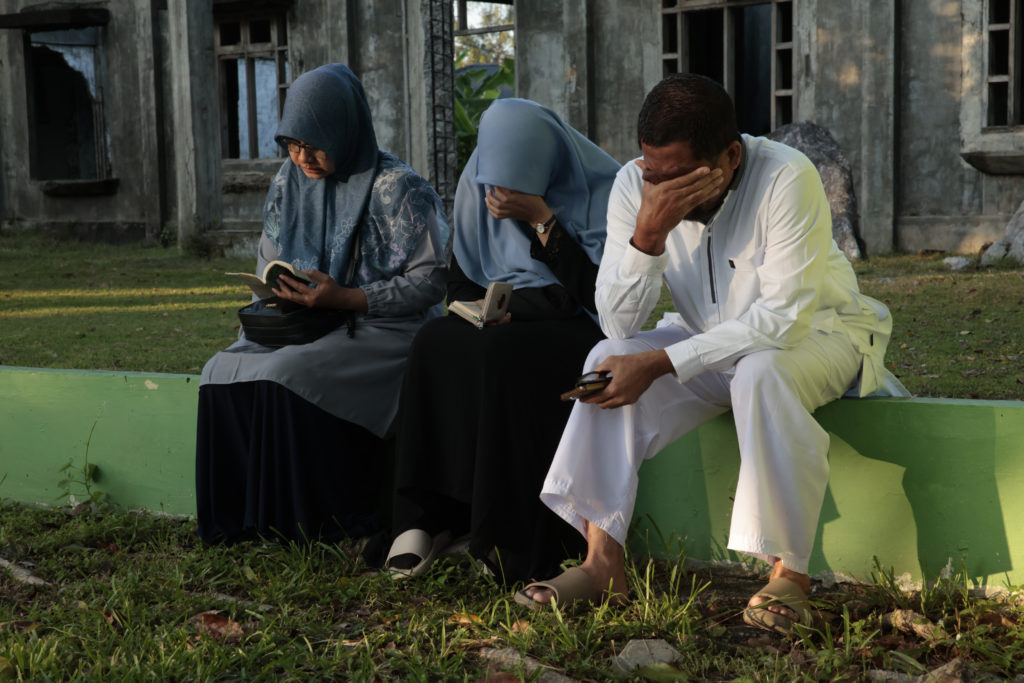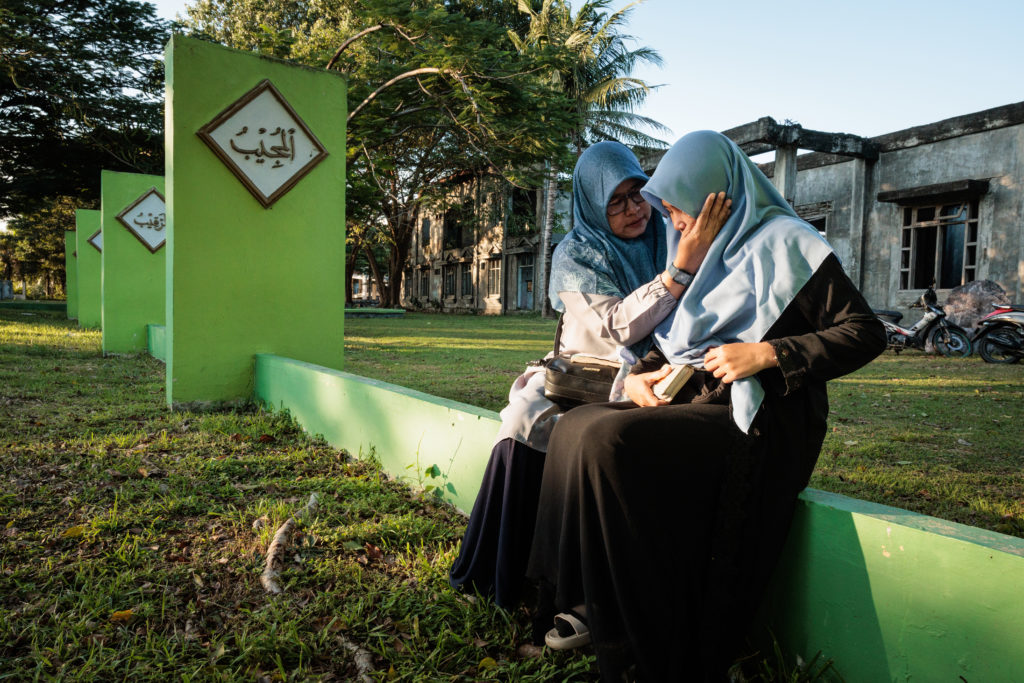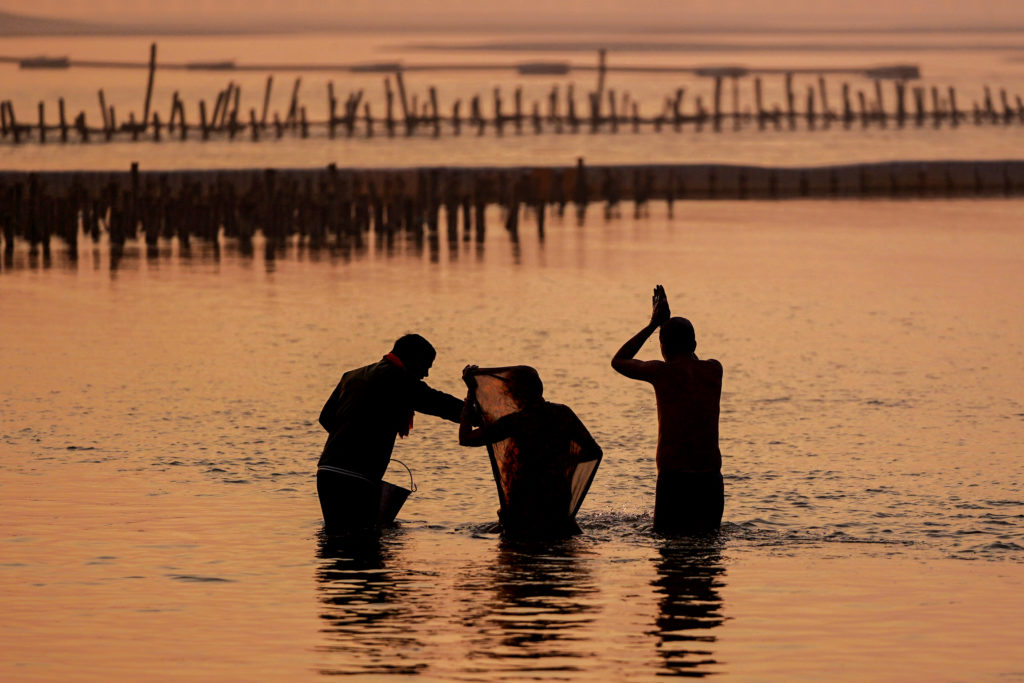The United Nations on Wednesday ordered the withdrawal of Gabon’s 450-strong peacekeeping contingent from the Central African Republic over sexual abuse allegations, a scourge that has long tarnished UN interventions.
The UN said it has now received a total of 32 allegations of sexual abuse or sexual exploitation against troops from Gabon, which are part of an international peacekeeping force numbering thousands in the CAR.
Gabon said it had opened an investigation following the UN decision to withdraw Gabon’s contingent to MINUSCA, the UN mission in CAR.
“In recent weeks, exceptionally serious acts that go against military ethics and the honour of the armed forces, committed by certain elements in the Gabonese battalions… have been reported,” Gabon’s defence ministry said.
“Following many cases of alleged sexual exploitation and abuse that are being processed, the United Nations today decided to withdraw the Gabonese contingent from MINUSCA,” the ministry said in a statement to AFP.
MINUSCA confirmed the news, citing what it called the “serious nature of these latest reported allegations”.
It said the decision was based on a Security Council resolution that stipulates where there is “credible evidence” of such abuse, or a failure to properly investigate such matters, “the units of the Member State should be replaced”.
In New York, UN spokesman Stephane Dujarric said: “Since 2015, with this new allegation, we have received a total of 32 allegations of sexual exploitation and abuse concerning 81 alleged perpetrators from the Republic of Gabon.”
All concerned military members deployed or formerly deployed in MINUSCA, he said, adding that six of the 32 allegations had been substantiated after an investigation.
One of the world’s poorest countries, CAR has been chronically unstable since winning independence from France in 1960. It is still suffering the aftermath of a brutal civil conflict that erupted in 2013 after a coup against then president Francois Bozize.
MINUSCA was deployed by the UN in April 2014 to try to end that conflict, and while it has dramatically reduced in intensity, MINUSCA still has 15,000 personnel in the country, of whom 14,000 are in uniform.
Their main mission is to protect civilians.
– 822 claims of sex crimes –
Allegations of sexual crimes involving peacekeepers in CAR have been recurrent.
If the “alleged facts… are proven, the perpetrators will be brought before the military courts and judged with extreme rigour”, Gabon’s defence ministry said.
“Gabon has always demanded irreproachable and exemplary behaviour from its army, both on its territory and abroad.”
The UN has struggled for years over allegations of sexual exploitation and abuse by UN peacekeepers around the world.
Since 2010, it has posted 822 such allegations on its website.
By nationality, the peacekeepers with the most allegations against them since 2015 have been Cameroon, with 44 cases, South Africa (37), the Democratic Republic of Congo (32), Gabon (31) and the Republic of the Congo (26).
In March 2018, Gabon announced it planned to withdraw its contingent because the conflict was abating.
But at the time there were allegations of sexual abuse involving the Gabon contingent.
However, three months later, at the behest of CAR President Faustin-Archange Touadera, his Gabonese counterpart Ali Bongo Ondimba said the Gabon contingent would stay on.
Already by late 2016, Libreville announced investigations into 15 of its soldiers suspected of committing sexual assaults.
That same year and in 2017, more than 700 soldiers from the Republic of Congo were sent away after allegations of sexual assaults and other offences.
In 2014, French soldiers from the Sangaris operation, a peacekeeping force in CAR authorised by the UN, were also accused of raping children aged seven to 13.
France opened a probe, which was later dismissed.
The two armed groups that clashed in the civil war have also been accused of committing war crimes and crimes against humanity between 2014 and 2015.
The civil war has dropped in intensity since 2018 but armed groups, still occupied more than two-thirds of the country until late last year.
Some of them launched a rebellion against the administration of Touadera, who was re-elected on December 27, 2020.
His army, with the support of hundreds of Russian paramilitaries and Rwandan soldiers, have today largely reconquered lost territory.

